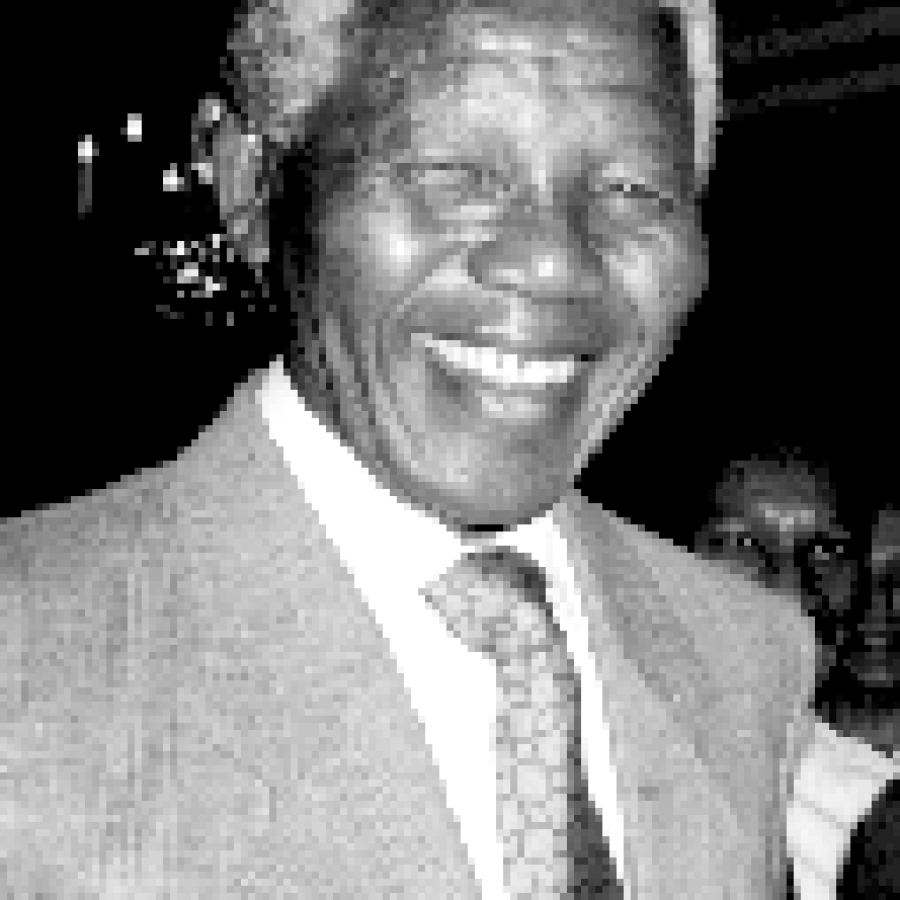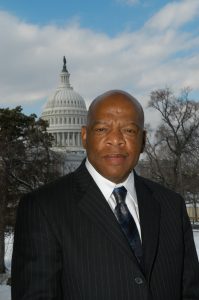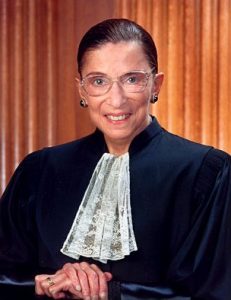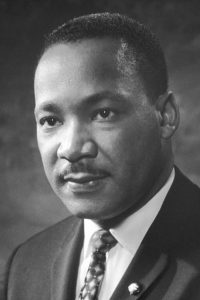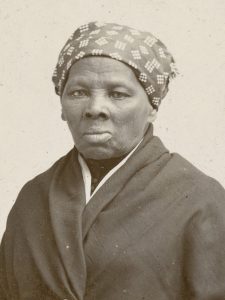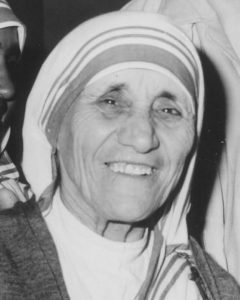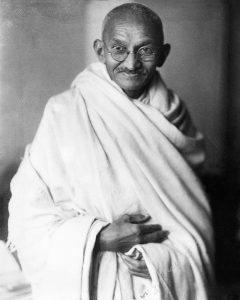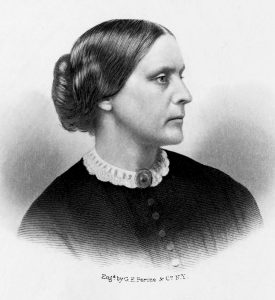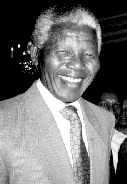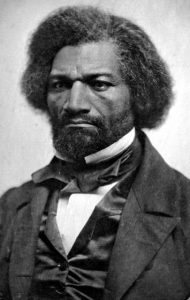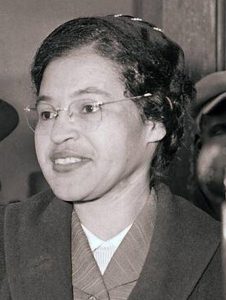Nelson Mandela
(1918–2013)
Nelson Rolihlahla Mandela was born on July 18, 1918, in Mvezo, South Africa. From a rural childhood, he grew to become the towering leader who dismantled apartheid and became South Africa’s first Black president. His life journey—from prisoner to president—symbolizes the triumph of justice over oppression.
Mandela studied law at the University of Fort Hare and later the University of Witwatersrand. He became active in the African National Congress (ANC), co-founding its Youth League. Influenced by both African nationalism and Marxist ideas, Mandela worked to mobilize South Africans against the apartheid regime, which institutionalized racial segregation and oppression.
Initially committed to nonviolent resistance, Mandela later supported armed struggle after the Sharpeville Massacre of 1960, arguing that all peaceful avenues had been closed. In 1962, he was arrested and eventually sentenced to life imprisonment during the Rivonia Trial. Mandela spent 27 years behind bars, much of it on Robben Island, enduring harsh conditions but emerging as a global symbol of resilience.
His release in 1990 marked a turning point in South African history. Mandela played a central role in negotiations to end apartheid, promoting reconciliation and unity rather than revenge. In 1994, he was elected president in the country’s first multiracial elections, guiding South Africa through its democratic rebirth.
Mandela’s presidency focused on healing divisions, fostering national reconciliation, and addressing inequality. After stepping down, he continued to advocate for peace, HIV/AIDS awareness, and global justice.
Nelson Mandela is honored in the Good Trouble Makers Hall of Fame because he demonstrated that Good Trouble often means enduring hardship for decades to achieve freedom. His example showed the world the power of forgiveness and the necessity of fighting for a just society.

